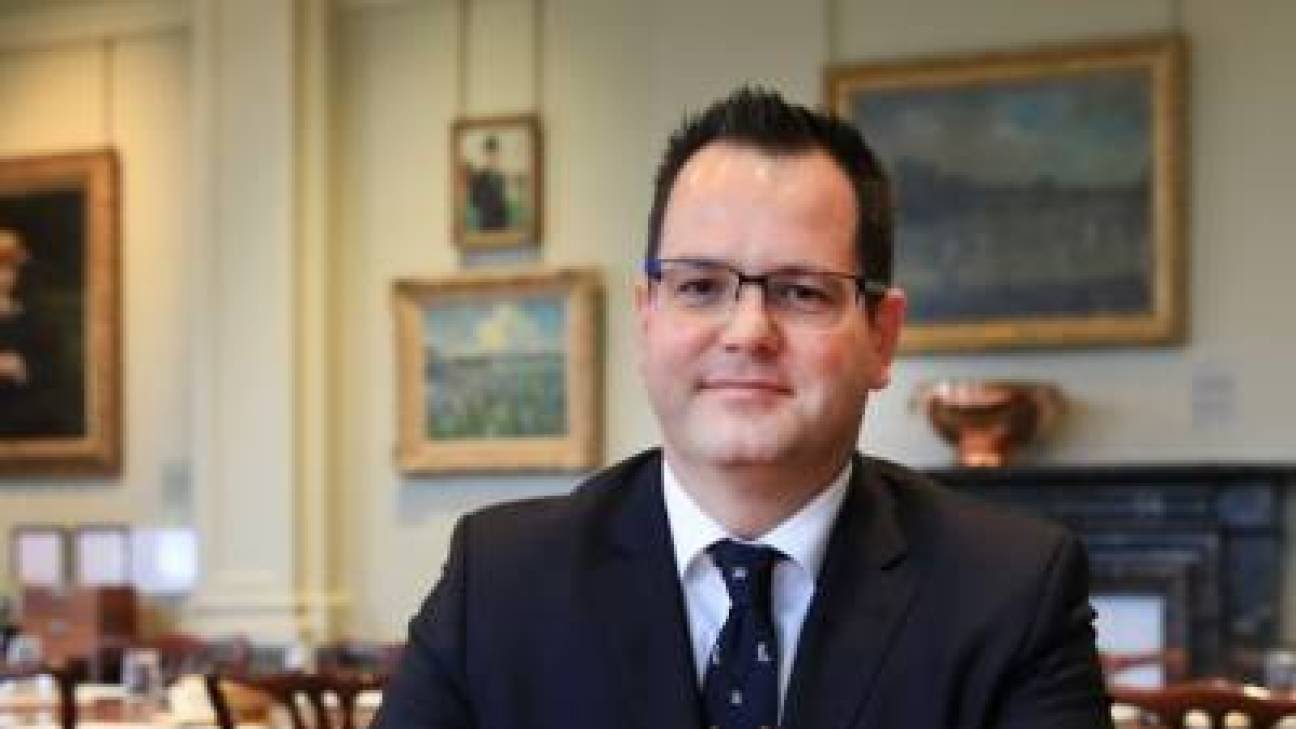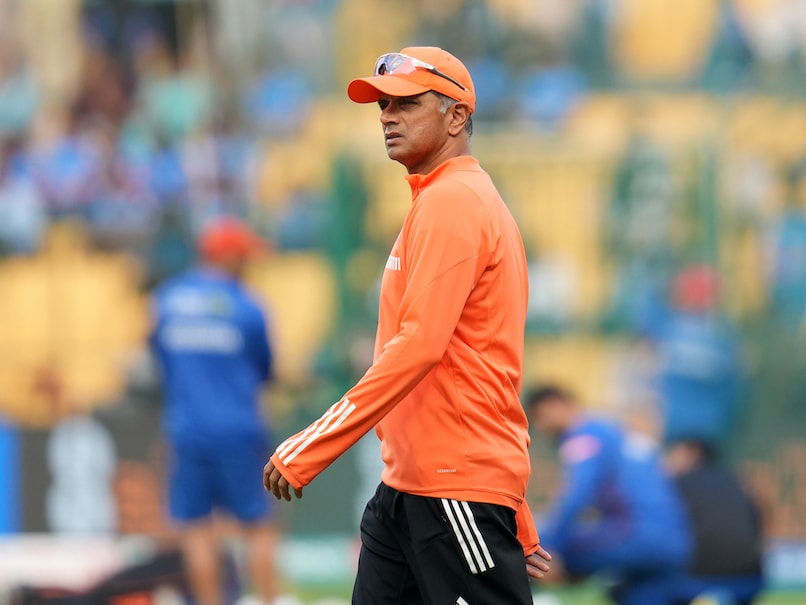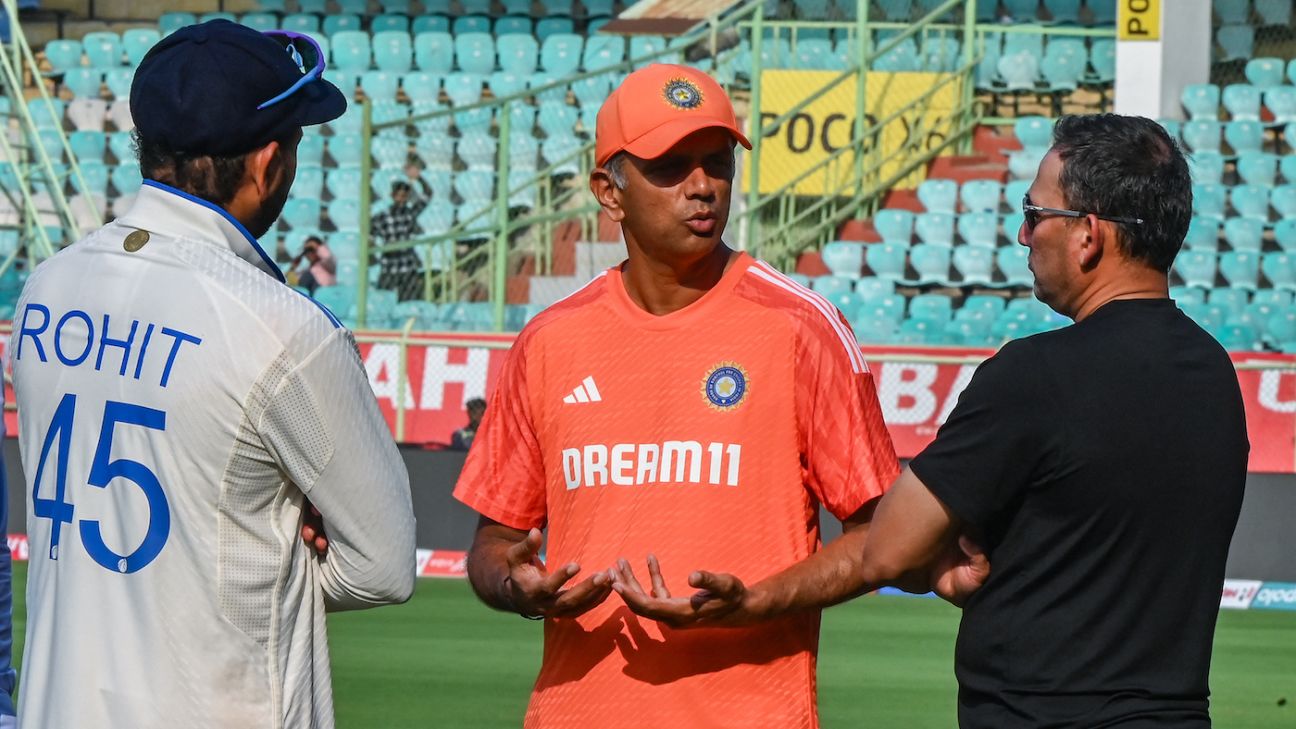ICC Plan to Bridge Gap in Test Cricket: Strong Helping the Weak
In the realm of sports, the concept of the strong aiding the weak holds profound significance. While some argue that sport is merely an artificial construct, we imbue it with our ideals, transforming the seemingly meaningless into something transformative when backed by an ethical purpose.
The International Cricket Council (ICC) has recently proposed a plan to address the disparity between the “haves” (India, England, Australia) and the “have-nots” (the rest) in Test cricket. This plan involves establishing a special fund to support nine Test-playing nations, ensuring they have the resources to sustain their red-ball game and provide decent compensation to players.
Jay Shah, the secretary of the Board of Control for Cricket in India, has suggested a fund of five to ten million dollars. The distribution and contribution mechanisms are yet to be finalized. Cricket Australia chairman Mike Baird, who raised the issue earlier this year, may have been responding to criticism from former Australian captain Steve Waugh about the lack of support for the game.
Franchise cricket has created a vast wealth gap among cricketers, leaving the less fortunate behind. The plan aims to ensure that each Test player receives a minimum of ten thousand dollars per Test (excluding the top three players), and that cricket boards struggling for funds receive a boost.
However, the psychological implications of this plan remain uncertain. The “Big Three” may demand concessions in return for their support. Additionally, there is a risk of creating a slippery slope, where countries with corrupt boards may exploit the fund to avoid investing in their own game and players.
India’s involvement in this plan is significant, as they receive nearly 40% of the ICC’s global revenue. Yet, the Big Three need the support of Zimbabwe, West Indies, Sri Lanka, and others, as without their participation, Test cricket would be reduced to a three-team affair.
The recent summit at Lord’s highlighted the urgent need to address the decline of Test cricket. Unless action is taken, it could be restricted to six countries in four years. West Indies, once a dominant force, now struggles to field a competitive team, with many players opting for lucrative franchise leagues like the IPL.
Indian franchise owners are increasingly acquiring English county teams, raising concerns about the future of world cricket. It is not difficult to imagine a scenario where the game is run by Indian businessmen and marketing managers rather than cricketers and politicians.
As Adam Smith observed, “It is not from the benevolence of the butcher or the baker that we expect our dinner, but from their regard to their own self-interest.” World cricket may be at a crossroads. The new fund could revitalize Test cricket, or it could prove to be a futile investment. But it is a chance worth taking.




